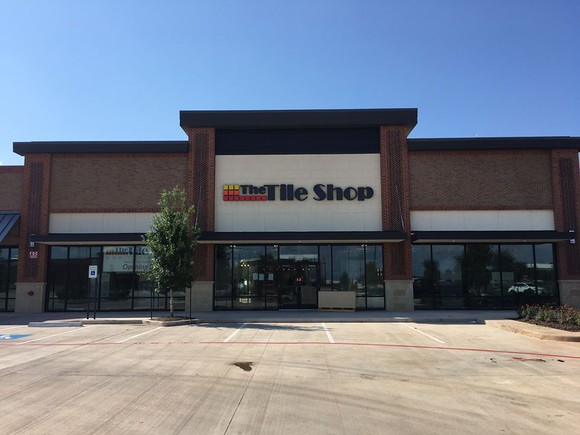Halloween has come and gone, but some stocks have been more tricks than treats. As good as October may have been for a lot of investors, some stocks got totally crushed last month.
Trivago (NASDAQ:TRVG), Tile Shop Holdings (NASDAQ:TTS), and Celgene(NASDAQ:CELG) would go on to shed at least 30% of their value in October. Let's take a closer look at how this past month went on to haunt shareholders of these three one-time high flyers.

IMAGE SOURCE: TILE SHOP HOLDINGS.
Trivago -- down 33% in October
It's been a rough rookie year for Trivago. The metasearch website that scours hundreds of booking sites for rates on more than 1.8 million lodging options went public at $11 late last year, soaring as high as the mid $20s before dropping to the single digits in October.
Trivago's downfall came after lowering its top-line guidance as pricing pressures weigh on its model. The Germany-based travel site relies on the world's biggest online booking sites to bid for placement on its search result pages for leads, but the top dogs have been tweaking their bidding strategies to Trivago's detriment.
Trivago went from projecting 50% in revenue growth this year to just 40% growth this summer to what is now just a 36% to 39% gain. This may not seem like much of an adjustment but after roaring through the first half of the year it implies just 2% to 15% revenue growth for the fourth quarter. Making matters worse, Trivago doesn't expect revenue to grow at all during the first half of next year. It's a challenging time for the model and Trivago's lack of profitability isn't helping.
Tile Shop -- down 32%
The retailer of manufactured and natural stone tiles cracked just a couple of days into October. It started out the month by announcing gloomy preliminary results for its third quarter. Warning that sales would clock in at roughly $84 million -- it would ultimately report $84.4 million in revenue -- was less than the more than $87 million that analysts were targeting. Comps would be mildly positive, but the real problem is that gross margin would be taking a big hit.
Tile Shop blames the competitive environment for forcing it to offer more generous promotions as it ramps up advertising to get noticed. Demand for lower-priced tile options is also finding shoppers angling for cheaper options that carry tighter markups.
Analysts would swoop in and slash price targets and ratings. The general consensus is that the weakness will linger well into next year. Last week's surprising resignation of its CEO also adds another layer of concern for investors.
Celgene -- down 31%
Investors typically know that they are getting into high-risk and -reward situations when they dabble in biotechnology, but sometimes even an established and seemingly steady giant in this niche can prove volatile. Shares of Celgene shed nearly a third of their value last month after discontinuing a potential blockbuster drug, fears of generic competition for its top treatment, and offering up ho-hum quarterly results.
The month kicked off with a Morgan Stanley downgrade, concerned about Celgene's top drug coming under competitive fire a lot sooner than expected. The worry here is that Revlimid -- a drug tackling various types of hematological cancers -- could face generic knock-offs as early as 2020. Morgan Stanley's rivals have typically believed that Revlimid would corner the market until about 2026.
The downgrade weighed on the stock as the month started to play out, but the bottom fell out after it suspended clinical trial testing for a drug candidate aiming at Crohn's disease on efficacy concerns and then followed that up a few days later by hosing down its near- and long-term guidance. Celgene now sees roughly $13 billion in revenue for this year, at the low end of its earlier range. The real dagger is that it's lowering its long-term outlook. Celgene now sees an adjusted profit of more than $12.50 a share on $19 billion to $20 billion in product sales, down from its earlier forecast of earning at least $13 a share on more than $21 billion in revenue.
The sell-off smells like an opportunity, pricing the stock at just eight times its profit target for 2020. The bearish fear here is that this may be just the first downward revision.









